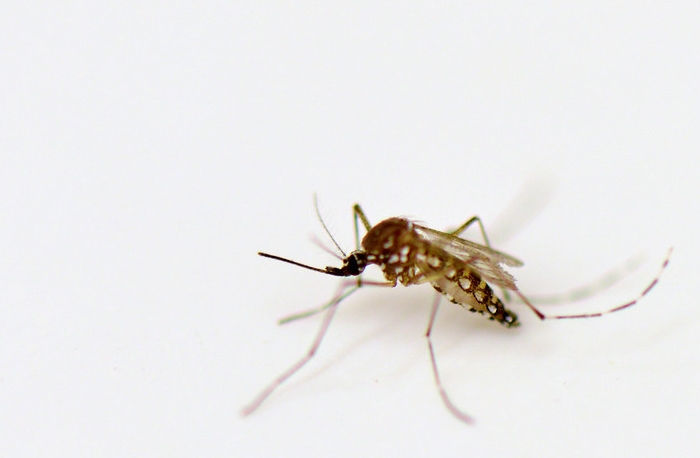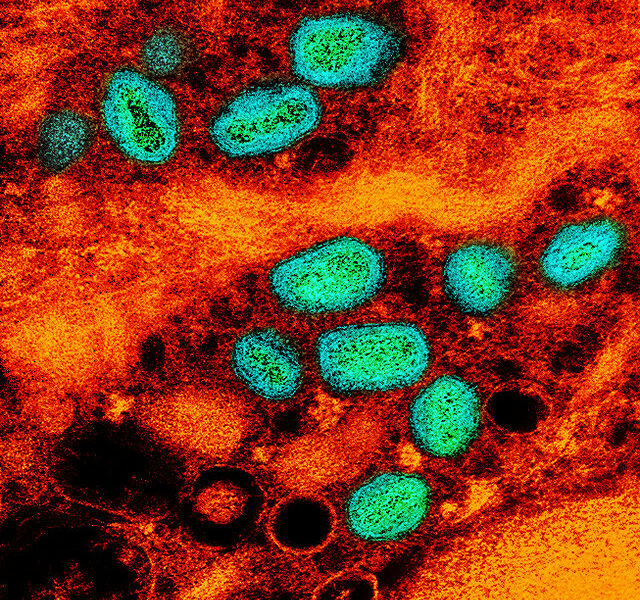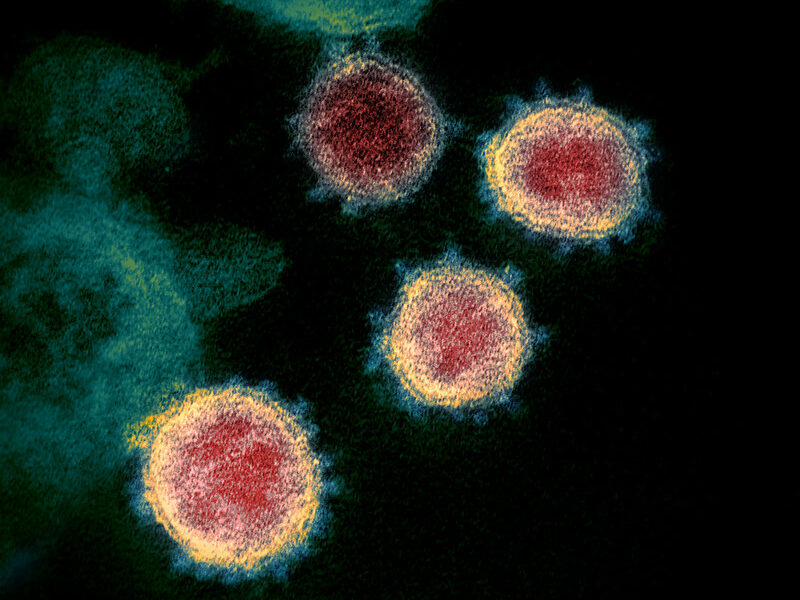By: Autumn Gertz
Image courtesy of Dean Calma via Flickr Creative Commons
Current Situation
On October 22, 2019, a second case of locally-acquired Zika virus was reported in the southeastern French town Hyères [1]. The first case was reported on October 9, by the Paca Regional Health Agency, also in Hyères [1]. The World Health Organization (WHO) reported that a third case was identified through active case finding by the French Authorities [2]. For the first case, symptom onset began around July 29, and the two other cases had symptom onset between August 6 and 15 [2]. None of the cases had traveled to Zika endemic countries and there is no evidence of sexual or organ/tissue transmission [2]. This leaves local transmission as the only probable cause [2]. These cases are likely the first local vector-borne transmission of Zika detected in France and metropolitan Europe widely [2]. French Authorities are conducting epidemiological and entomological investigations to learn more [1,2].
Zika Virus
Zika virus is primarily carried by the vector Aedes aegypti, which does not have an established population in France [1,2]. However, the tiger mosquito, or Aedes albopictus, does have an established population in the Hyères area [1,2]. Aedes albopictus is a competent (albeit less than Aedes aegypti) vector for Zika [1,2]. Both types of Aedes mosquitos are characteristic for biting during the day [3].
The WHO reports that 50-80% of people infected with Zika virus are asymptomatic, making the illness difficult to detect and diagnose [2]. When symptomatic, cases can present with low fever, headache, body aches, rash, possible conjunctivitis, and pain behind the eyes [1]. Typically, symptoms last between two and seven days [3]. Incubation periods for Zika virus range from three to fourteen days [3]. Healthcare facilities, like hospitals, have been educated on Zika virus detection and diagnosis methods and advised to notify the French Authorities of any suspected cases [2].
Zika is most well-known for mother to fetal transmission, causing birth defects such as microcephaly, also known as congenital Zika syndrome [3]. Zika infection of pregnant women is also associated with adverse pregnancy outcomes like preterm birth and miscarriage [3]. Healthcare providers who see pregnant women have been advised with tailored information to provide to pregnant patients in Hyères and the surrounding areas [2]. In children and non-pregnant adults, there can be neurological complications of Zika including Guillain-Barré syndrome, neuropathy, and myelitis [3].
Public Health Response
As mentioned above, the Regional Health Agency, Public Health France, and the Interdepartmental Agreement on Mosquito Control (EID) the Mediterranean are conducting both epidemiological and entomological investigations to learn more about these cases, detect any additional cases, and prevent further spread [1,2]. Vector control actions have been implemented against Aedes albopictus populations in the affected area, including mosquito detection, advising residents to wear protective clothing, maintenance of physical barriers (like screens on windows and doors), and spraying insecticides and larvicides [1,2]. Specifically, DEET, IR3535, and icaridin are recommended for repelling Aedes mosquitos [2]. Standing water cover and removal has also been advised, as this is where mosquitos breed [2]. Water storage area should be covered, and standing water in flower pots, containers, and other area with water catchment, should be removed [2]. Surveillance for Zika cases and Zika related birth defects has been strengthened in the Hyères area as well [1].
WHO Risk Assessment
The European Center for Disease Control (ECDC) has assessed the risk of further vector-borne spread to be considerably low given the temperature decrease that will happen soon and its hindering of the mosquito population [1,2]. Additionally, as Aedes aegypti is a more competent vector for Zika than Aedes albopictus, and not established in France, the risk of wide spread cases is lower [2]. So far, there has been no evidence of additional cases, but given the high rate of asymptomatic cases, there is still reason for concern [2]. It is advised that couples who hope to become pregnant within three months do not travel to a country where Zika is present [1]. On the Center for Disease Control Zika Travel Information website, France is currently listed as a “Country or territory that has ever reported Zika cases (past or current)” [4]. Other countries with this distinction on the travel advisory page are the U.S., Brazil, India, Columbia, Mexico, Senegal, Ethiopia, and many others [4]. France is the only country in Europe with this distinction [4].
Future Implications
While the risk of further spread, or additional cases, is reported as low for the remainder of the year, these cases raise questions about the future of Zika in France and metropolitan Europe. When the weather warms back up, and the Aedes albopictus mosquito population re-establishes itself, there is risk of further locally-acquired cases, which may result in more spread than was seen with the current cases. Additionally, as temperatures continue to increase every year because of climate change, the habitat where both Aedes albopictus and Aedes aegypti establish populations will grow, and mosquito compatible weather will occur for more of the year. This will put more regions at risk for locally-acquired Zika Virus, and can extend the amount of time annually risk is posed.
References
[1] https://www.zikanews.com/zika-virus-confirmed-second-hy%C3%A8res-city-resident-var-department-france
[2]https://www.who.int/csr/don/01-november-2019-zika-virus-disease-france/en/
[3] https://www.who.int/news-room/fact-sheets/detail/zika-virus


